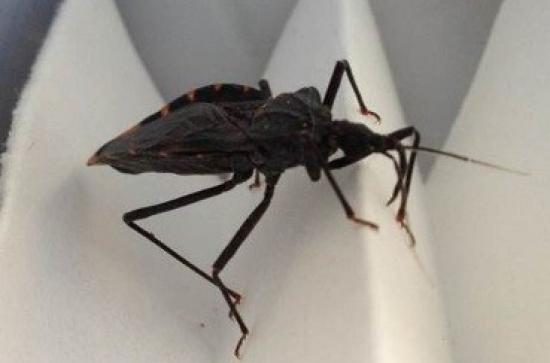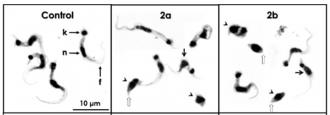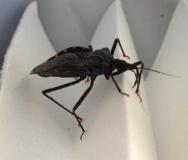
“Sweet Metals” to Fight Neglected Tropical Diseases
Researchers from Maynooth University have made a significant breakthrough in the fight against neglected tropical diseases. The study has identified drug candidates capable of combatting two parasitic diseases (Leishmaniasis and Chagas Disease) that affect millions of people in tropical developing countries. The work, conducted by Dr Andrew Reddy and headed up by Dr Trinidad Velasco-Torrijos (Department of Chemistry), has been carried out in collaboration with Prof Kevin Kavanagh (Department of Biology) and Prof Andre Luis Souza dos Santos (Federal University of Rio de Janeiro, Brazil) and has recently been published in Dalton Transactions, a world leading journal in the field bioinorganic chemistry.
Neglected Diseases
Leishmaniasis and Chagas Disease currently affect more than 12 million people worldwide, primarily in South America and developing countries. These diseases are caused by parasites which live in the blood of infected patients and are transmitted by insect vectors and can be fatal if left untreated. At present, the drugs used to treat these diseases are outdated, cause serious side effects and suffer from widespread resistance which significantly hampers their effectiveness.
Nature’s building blocks
The research has led to the development of a new type of drug candidates that can fight the parasites which cause the diseases. The researchers use glucose, a natural sugar, as a molecular building block to create their drugs and reduce the toxic effects towards human cells which is hoped will eliminate side effects when given to patients. In addition, the parasites can be selectively targeted depending on the type of metal incorporated in the drug: copper complexes work most effectively against Chagas disease parasites, while zinc compounds are more specific towards the treatment of leismaniasis. Copper and zinc are used naturally by the human body and do not cause the harsh side effects produced by non-natural elements in the body. Speaking about the importance of the research, project leader Dr Trinidad Velasco-Torrijos says “We are very excited about this discovery in the fight against neglected tropical diseases: there is a lack of modern and effective treatments for these conditions and it is evident that more research in this field is urgently needed. Some of the compounds we have developed have better selectivity indexes (a measure of how safe a drug is) that some of the drugs currently used in the clinic for the treatment of these diseases. Hence, we will continue to work with our collaborators to develop this promising results with a view to progress in order to describe the mechanisms of action of the selected active compounds as well as to perform in vivo studies.”
Lead author of the study Dr Andrew Reddy spoke with excitement on the discovery; ‘This is a fantastic breakthrough, the compounds which we developed at Maynooth can be easily made from very cheap materials. This is essential when developing drugs for diseases that affect some of the world’s poorest people’.
The work has been recently published in the peer-reviewed journal Dalton Transactions:
Reddy A;Sangenito LS;Guedes AA;Branquinha MH;Kavanagh K;McGinley J;Dos Santos ALS;Velasco-Torrijos T; (2017) 'Glycosylated metal chelators as anti-parasitic agents with tunable selectivity'. Dalton Transactions, 46 (16), 5297-5307: doi: 10.1039/C6DT04615K


Figure: left: Optical microscope images showing the effect of selected compounds in the study on the morphology of Trypanosoma cruzi, the causative agent of Chagas Disease; right: insect vector of T. cruzi.
